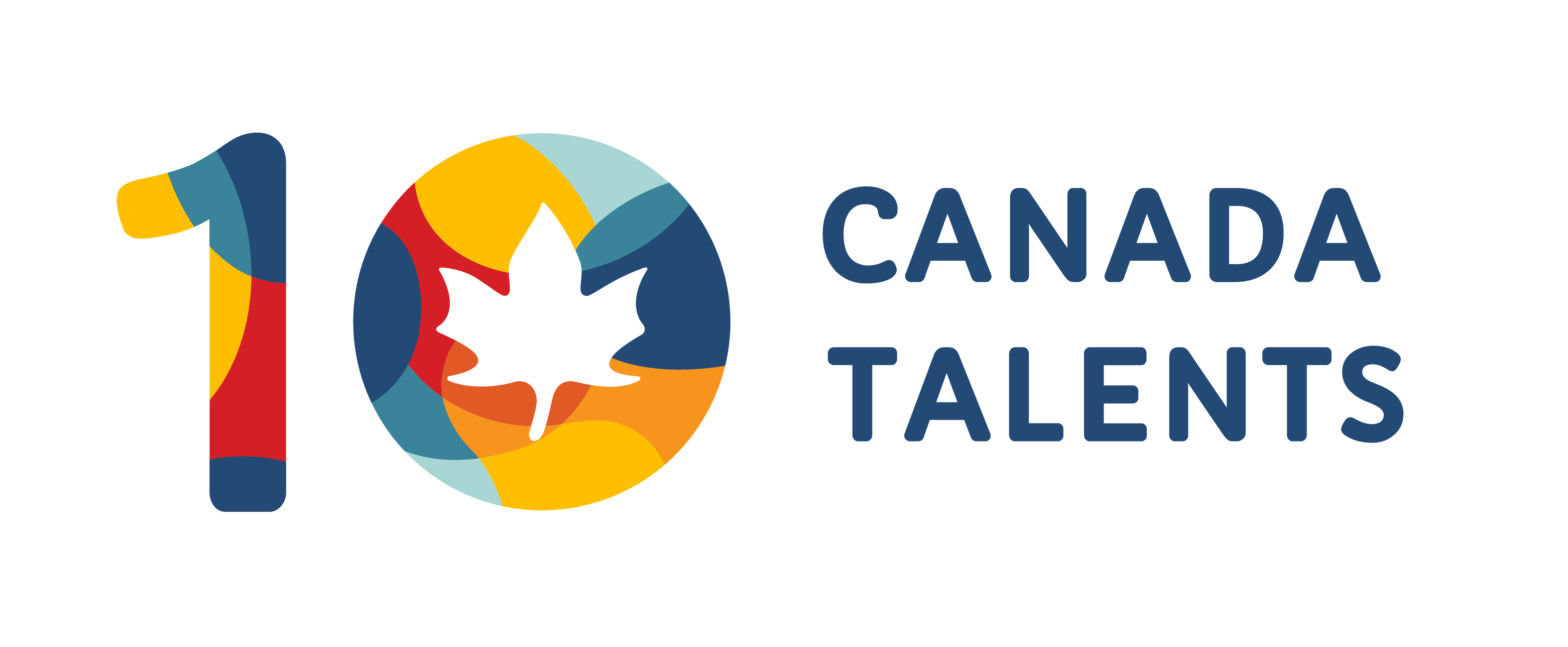Job interviews are always stressful, as there can be a lot of stakes. Getting well prepared will help ease your mind: the more ready you feel, the higher are your chances to succeed. Here are our three tips to get prepared for a job interview.
Know how to introduce yourself
The first thing a recruiter will ask you (whether it’s on the phone or in-person), is: « Tell me about yourself » If they are in touch with you, it means they already saw your résumé and/or your LinkedIn profile.
Do not repeat what you wrote on both those supports. The point here is to show you are confident and to get a better glimpse of who you are as a person. However, try and keep it professional.
Start with your educational background - what you studied and where. Then, sum up your professional experiences, but don’t forget to mention what you gained from those experiences, without expending too much. For example, you could say something like: « I worked for three years at this company, where I had the opportunity to improve my leadership skills ».
If you just got here, you can finish this brief introduction by telling your interlocutor why you came to Canada. Mentioning that you love to face new challenges usually gives a positive impression.
Write down stories
It is imperative. Before your interview, try and think of stories about yourself: list some situations you faced at work - both positive and negative. Write down what happened, how, and why. More importantly, think of what your role was in this story and what you’ve learned from this particular experience.
You may not be aware of it, but those stories tell more about yourself than just saying: « I am a great leader » or « I am a great team player ». Moreover, interviewers will often ask you to tell them about a time when you did this or that. Having those stories ready will help you be reactive and not stress out when facing those questions.
Also, don’t hesitate to use those stories when you’re asked a question, even if the recruiter didn’t specifically ask for it. Make sure to think of situations you have experienced that match what you will be expected to do in your potential future job.
Think about what you can bring to the company and what the company can offer you beyond a salary
Be prepared to be asked how you could fit into the company’s team, or at least having to demonstrate it in some ways. While preparing for your interview, do your research and try to identify what problems the company’s current or future challenges. If you can find some ideas about how to face those challenges, it will show the interviewer you are interested, and you are full of resources.
But interviews are not only about how you fit the company. They’re also about how the company fits you. Before taking any job, think about what you want and always make sure your potential future company matches your expectations (or at least, most of them). Otherwise, you risk not being happy in your job and let’s face it: you didn’t come here to be miserable. You have value and make sure your future employer is ready to acknowledge that.
To do so, draw a list of questions you will ask at the end of the interview: what are the company’s goals in the short and long terms? What challenges have they faced in the past and how did they overcome them? What strategies are currently implemented? What will they expect from you? Anything you think is relevant to you. Not only will it enable you to decide if this is the right match, but it will also show how interested you are in the position.
If you want more tips about job interviews, or get some feedback from people who have been down this road before, don’t hesitate to join us at our next CONNECTWorking or ask for a Face-to-Face with one of our volunteers!


